Lok Sabha Speaker Om Birla (Photo: PTI)
Congress General Secretary K C Venugopal condemned the remarks made by newly re-elected Lok Sabha Speaker Om Birla regarding the 1975 Emergency. In a letter shared on X (formerly Twitter) on Thursday, Venugopal described the comments as “unprecedented”, “deeply shocking” and a “travesty of Parliamentary traditions”.
K C Venugopal’s letter to the Speaker In his letter, Venugopal emphasised that the Speaker’s remarks on the Emergency were inappropriate for the parliamentary setting, especially from a newly elected Speaker.
“… At the time of offering felicitations on your election as Speaker Lok Sabha, there was a general camaraderie in the House as such occasions generate.” Venugopal said.
“What followed thereafter… in regard to declaration of Emergency half a century ago, is deeply shocking. Making of such a political reference from the Chair is unprecedented in the annals of history of Parliament,” he added.
He described the comments as a “travesty of Parliamentary traditions” and expressed the Congress party’s “profound concern and anguish”.
“This coming from the Chair as one of the ‘first duties’ from a newly elected Speaker assumes even graver proportions,” the Congress leader said. The incident has sparked a political debate, highlighting the enduring sensitivities surrounding the Emergency and its impact on India’s political landscape.
The Speaker’s chair is above partisan politics.
What the Hon’ble Speaker said yesterday in his reference after acceptance speech with political remarks is a travesty of Parliamentary traditions. pic.twitter.com/eoSgJgf3D4
— K C Venugopal (@kcvenugopalmp) June 27, 2024 Om Birla’s controversial remarks Om Birla, re-elected for a second consecutive term as Speaker by a voice vote on Wednesday, addressed the Lok Sabha, calling for fewer disruptions and maintaining decorum. However, the session took a turn when Birla condemned the Emergency period imposed by Prime Minister Indira Gandhi on June 25, 1975.
Birla’s reference to the “dictatorship” and the Congress’s role in “strangulating Babasaheb Ambedkar’s Constitution” prompted protests from Opposition members, leading to an adjournment of the House.
Opposition’s response The Opposition, including the INDIA bloc, had fielded Congress’s Kodikunnil Suresh for the Speaker position but did not push for a division of votes. Following Om Birla’s remarks, Bharatiya Janata Party (BJP) members demanded an apology from Congress, and Prime Minister Narendra Modi praised the Speaker’s resolution in a post on X.
“The Emergency was imposed 50 years ago but today’s youth needs to know about it because it remains a fitting example of what happens when the Constitution is trampled over, public opinion is stifled and institutions are destroyed. The happenings during the Emergency exemplified what a dictatorship looks like,” the PM wrote.
I am glad that the Honourable Speaker strongly condemned the Emergency, highlighted the excesses committed during that time and also mentioned the manner in which democracy was strangled. It was also a wonderful gesture to stand in silence in honour of all those who suffered…
— Narendra Modi (@narendramodi) June 26, 2024 Historical context: The 1975 Emergency The Emergency declared by Indira Gandhi from June 25, 1975, to March 21, 1977, remains one of the most controversial periods in India’s history. It was declared under Article 352 of the Indian Constitution, citing internal and external threats to national security. The declaration followed the Supreme Court’s stay on a verdict nullifying Gandhi’s election from the Rae Bareli Lok Sabha seat and barring her from parliamentary proceedings.
During the Emergency, political and civil rights were suspended, leading to excesses such as forced mass sterilisation, press censorship, and centralisation of power. The period was marked by significant unrest, including the Navnirman agitation in Gujarat, Jayaprakash Narayan’s movement in Bihar, and the 1974 railway strike led by George Fernandes.
In January 1977, Indira Gandhi unexpectedly called for general elections, which were held in March, leading to the lifting of the Emergency on March 21, 1977. The Janata Party coalition had secured a majority in the Lok Sabha in 1977, and Morarji Desai became Prime Minister.

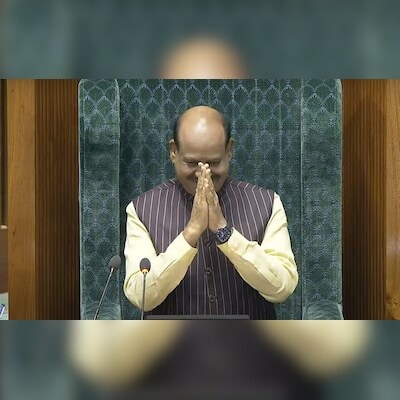
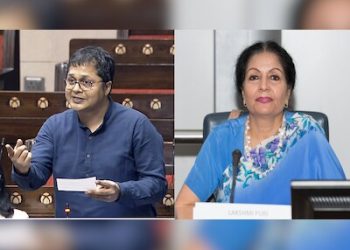
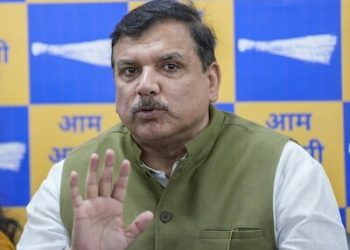
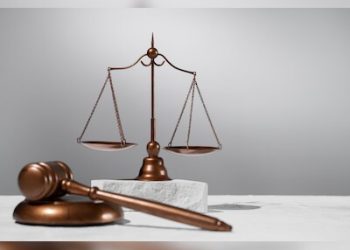
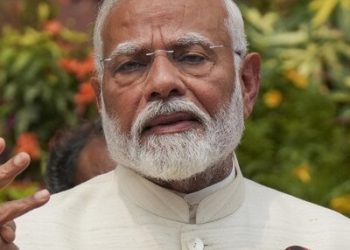
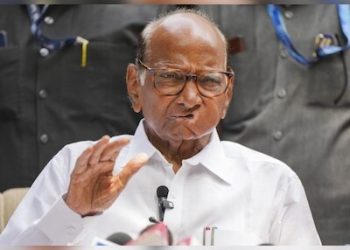
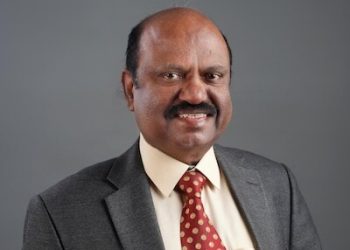
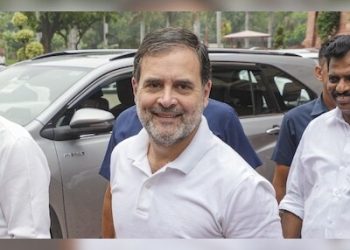

Be First to Comment